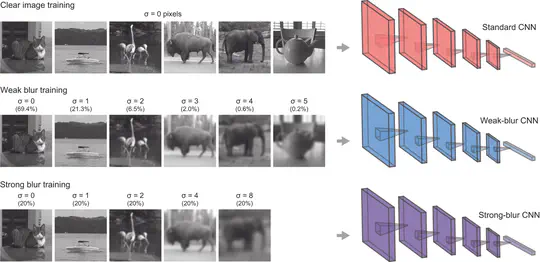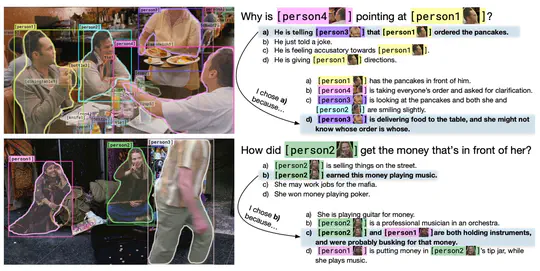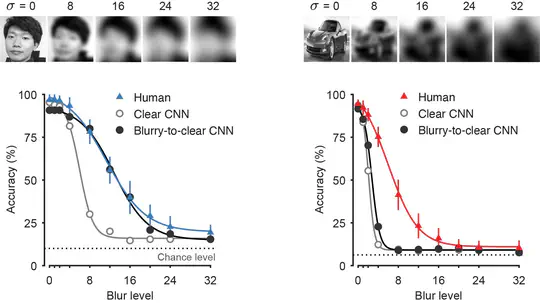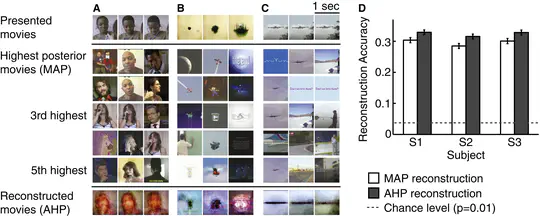Our goal is
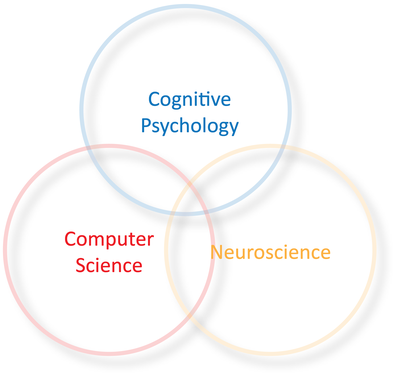
Our research interests are
Vision is arguably the most important sense for perceiving information from the world. Despite significant variations in the external environment, our visual system remains stable, consistent, and precise. What mechanisms enable our sophisticated visual system, and how can they be understood?
Recent advances in deep learning have enabled novel approaches to the study of cognition, ranging from processing sensory inputs to the emergence of complex capabilities like high-level reasoning and decision-making. This understanding becomes increasingly important as machine systems become integral to daily life.
Exploring how psychological and neuroscientific knowledge can advance machine models presents a promising research direction. Our group is interested in investigating machine models that not only mirror biological systems but also provide tangible advantages for applications in the real world.
Brain encoding and decoding techniques offer powerful tools for accessing and interpreting the mental processes underlying perception and cognition. These approaches leverage advanced computational models to encode predictions of brain activity based on external stimuli and decode cognitive information from patterns of brain activity.
